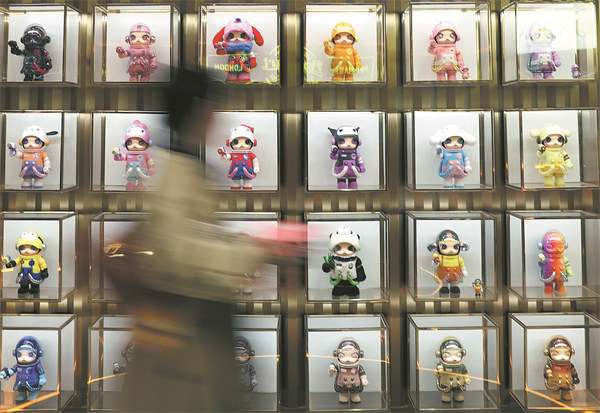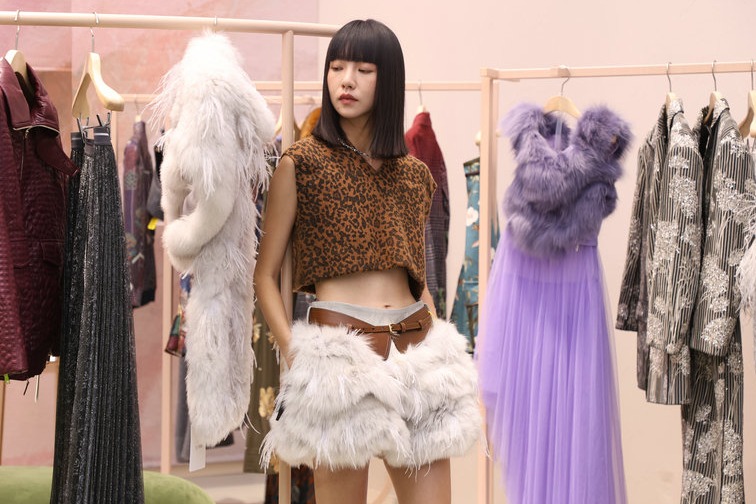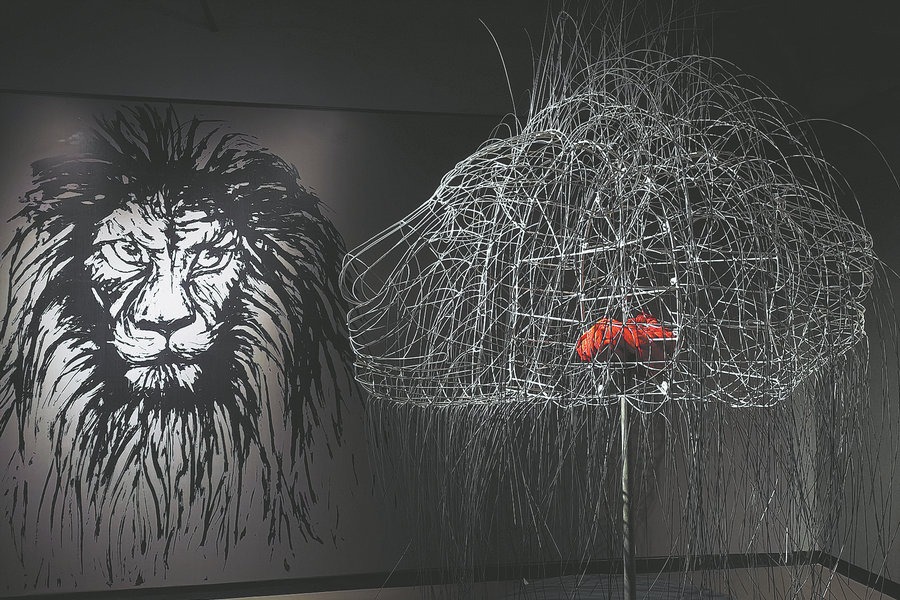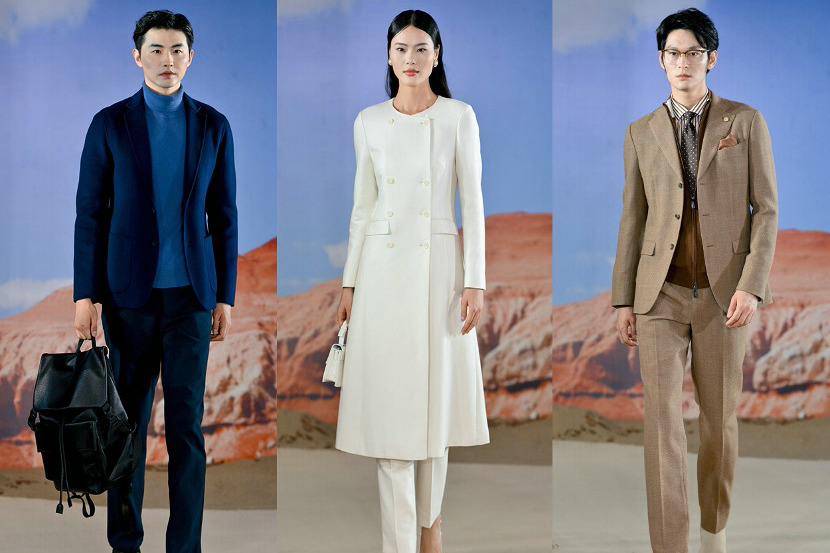Collectibles trend keeps climbing


Merging with IPs and using Chinese craftsmanship, traditional elements continue to fuel overseas traders' interest, Yang Feiyue reports.
Li Jing vividly remembers how an American collector carefully examined a card made by her company in his hand during the bustling US National Sports Collectors Convention at Donald E. Stephens Convention Center in Rosemont, Illinois, that was held at the end of July.
The card's surface gleams with a golden drawing of the Palace Museum's (in Beijing, also known as the Forbidden City) Hall of Supreme Harmony, its edges inlaid with delicate filigree, and at the center, a tiny natural gemstone.
This thin card, measuring less than a millimeter in thickness, embodies the marriage of centuries-old Chinese filigree inlay craftsmanship and modern industrial precision.
"The Hall of Supreme Harmony card is from our 'Heritage' series," says Li, a co-founder of Suplay, a Chinese designer toy and collectibles company founded in 2019.
The business produces collectible cards, trendy figurines, and pop-culture merchandise, operating under its card brand Kakawow.
This year marked the company's third invitation to Chicago to participate in the five-day convention, one of the world's largest card and memorabilia expos.
At Suplay's booth, wearing a Tang Dynasty (618-907) style jacket, Disney's Mickey Mouse stood out in playful contrast to the US entertainment company Warner Bros' 100th anniversary commemorative cards sitting next to collectible cards featuring photography from the Chinese National Geography magazine.
The US expo boasts a history of more than four decades. The floors are typically dominated by sports cards — basketball, baseball, and other sports-centered collectibles, such as jersey fragments or autographs. These remain the industry's gold standard, both culturally and economically.
Yet, at Suplay's booth, Forbidden City-themed cards drew equally big crowds. Nearly all of Suplay's showcased products were sold out on-site, purchased primarily by American collectors and distributors.
"These culturally infused collectibles are fast becoming favorites both at home and abroad," Li says.
Kakawow's first Forbidden City series was launched in 2020 and snapped up within two weeks. Its success was further cemented by its performance on secondary markets, where collectors resell items to other collectors. Resale prices for the cards soared significantly, confirming their status as coveted cultural artifacts, not just consumer products, Li notes.




































